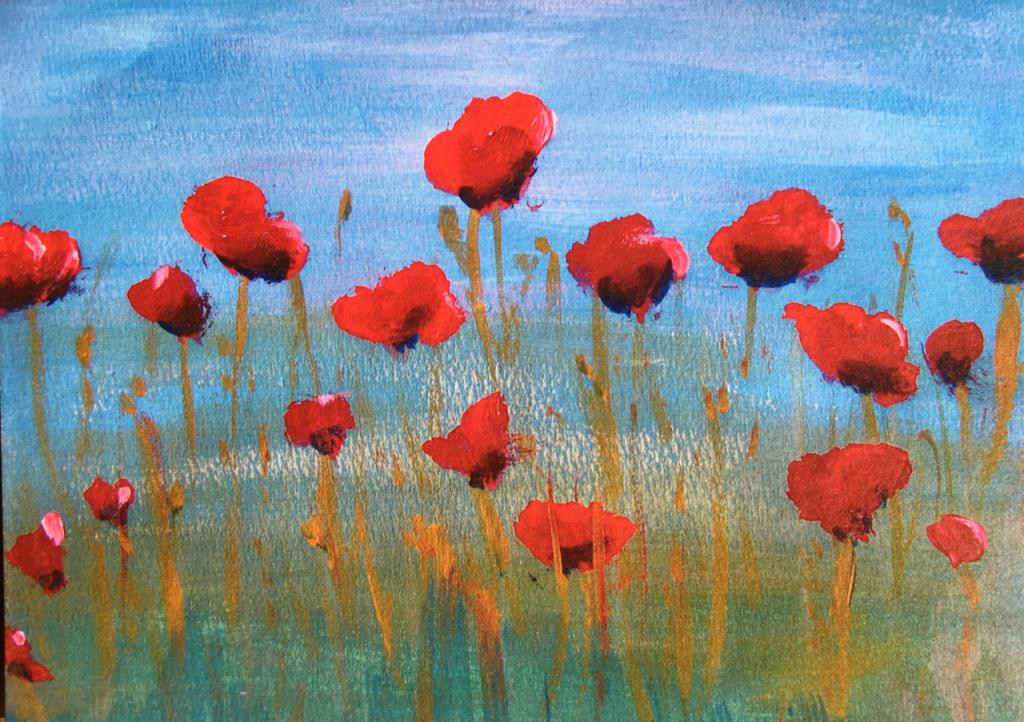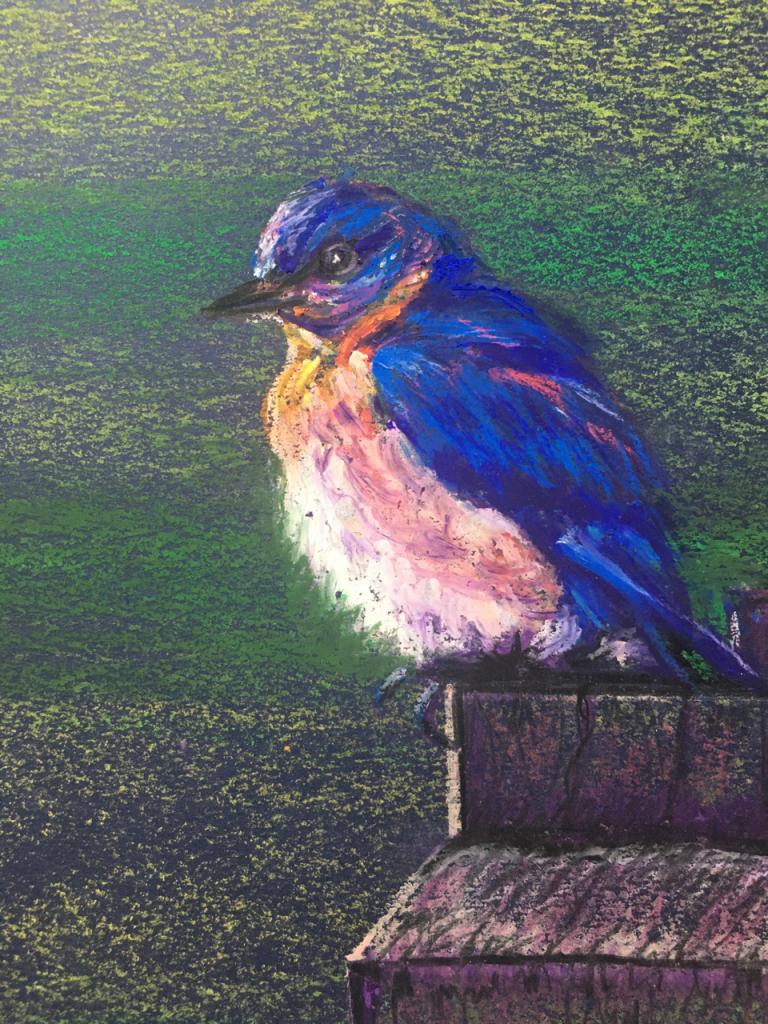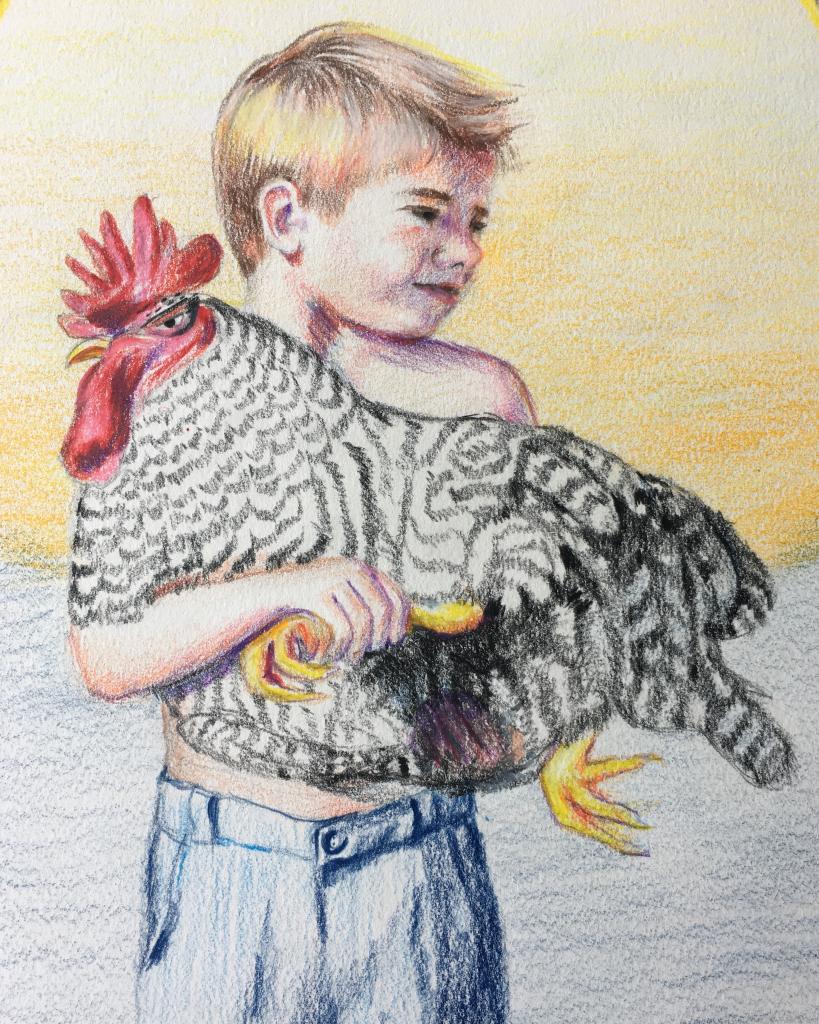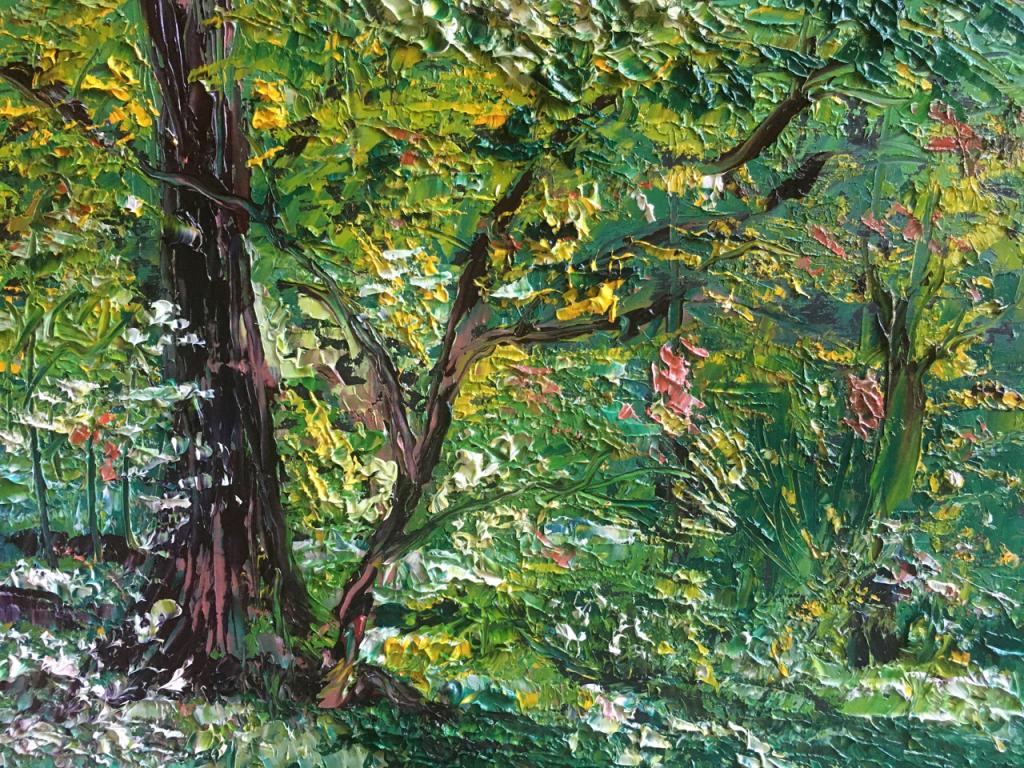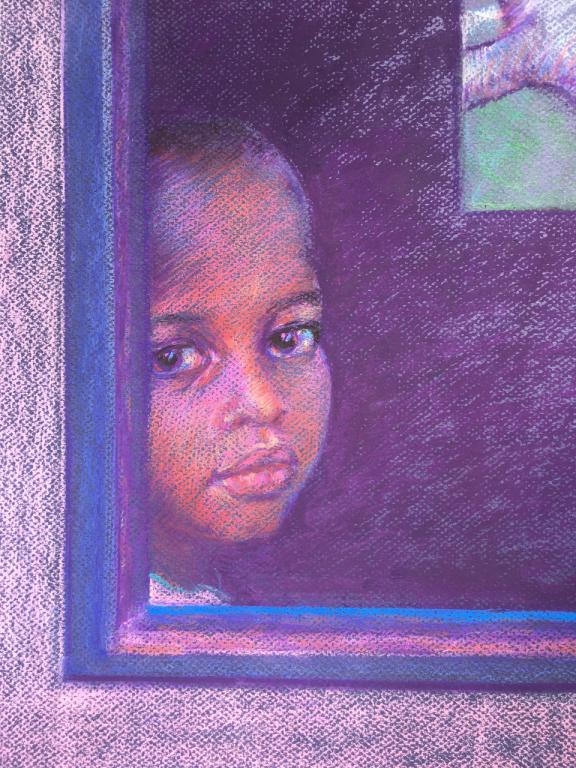
But Some Lived in Mud Huts
I don’t know what I was expecting when I moved to Mozambique. We knew it would be difficult, but it was beyond imagination. My house wasn’t finished, but some Mozambicans lived in mud huts. Begging children approached our car whenever we drove to town. What is our responsibility to the poor? That question haunted me constantly.
Getting off the airplane, it felt as though we had traveled back in time. Mozambique was the third poorest country in the world, and they had recently survived 30 years of civil war. Kentucky seemed like a bright, shiny Disney Land compared to the devastated country surrounding us. Many people lived in mud huts and cooked outside on a fire. War had ravaged the countryside and further impoverished the people. “You’re not in Kansas anymore, Dorothy,” I said to myself.
Our House
As we bumped over the asphalt-then-sand roads on our way to our new home, we saw that some did live in apartments or houses of concrete. I was told an American missionary had built our house, so I was expecting—not anything fancy—but an average, finished house.
Upon arriving, I discovered the house wasn’t finished. The floors were concrete, and I was told to wax the concrete floors before we moved in. No mention of tile or carpet or anything of that sort, just “Wax the floors before you move in, so you won’t be sweeping up cement dust all the time.”
This had to be done on hands and knees, and then the wax had to be buffed off, by hand. “Finished” to me meant floors and ceilings. Our house had no ceiling either. We looked up at rafters and the underbelly of the roof. Later, a friend said our house resembled a bath house, with the concrete floors, no ceiling, etc. She was right.
Facing Myself
Nothing brings you face to face with your own self-centeredness and presuppositions like moving to another culture. This was hard—in more ways than one: hard concrete floors, no furniture, no air-conditioning, and unreliable electricity. Yet many of the Mozambicans lived in mud huts.
In the United States, I never had to struggle with wealth inequality although I probably should have. I was nearly always surrounded by people of about the same socioeconomic status, and I felt comfortable being kind of in the middle. We had enough, but not more than those around us. And many families around us had a lot more than we did, so I felt righteous enough, at least when it came to material possessions.
Cognitive Dissonance
Then I moved to Mozambique, and the rug was snatched out from under me, landing me flat on my hard, soon-to-be-waxed concrete floor. What was I to do? Complain to God or my coworkers that this was not what I expected when I could easily walk to a dozen or more mud huts in our neighborhood?
Maybe I should have tried to buy one of those huts to live in, but then we would have starved if I had been expected to cook everything on a fire. My fire-building skills are laughable or non-existent. Then too, we probably would have all died of cholera or malaria if we hadn’t lived in a house with screens and a water purifier. I could go on and on, but you get my point. Do we all need to plunge into poverty, or can we lift up the impoverished to a higher level instead? Does God have enough to go around?
What Is Our Responsibility to the Poor?
I think God does have enough, but I also believe I should learn to be content with a simple lifestyle as I try to help others. God loves the homeless, the refugee, and the individual living in third world countries as much as He loves me. The Bible has plenty to say about helping the poor. For example, “Whoever is kind to the poor lends to the Lord, and he will reward them for what they have done” (Proverbs 19:17).
Also, we know from the scriptures that God hates greed. What does greed look like? Having a floor and a ceiling? What does it mean to be greedy in light of the suffering in the world?
As followers of Jesus, what practical ways can we help the poor without creating dependency? I certainly don’t have all the answers, but I believe as Christians we need to wrestle with these questions and as citizens we need to consider the poor and oppressed. I would love to hear your ideas in the comments.






